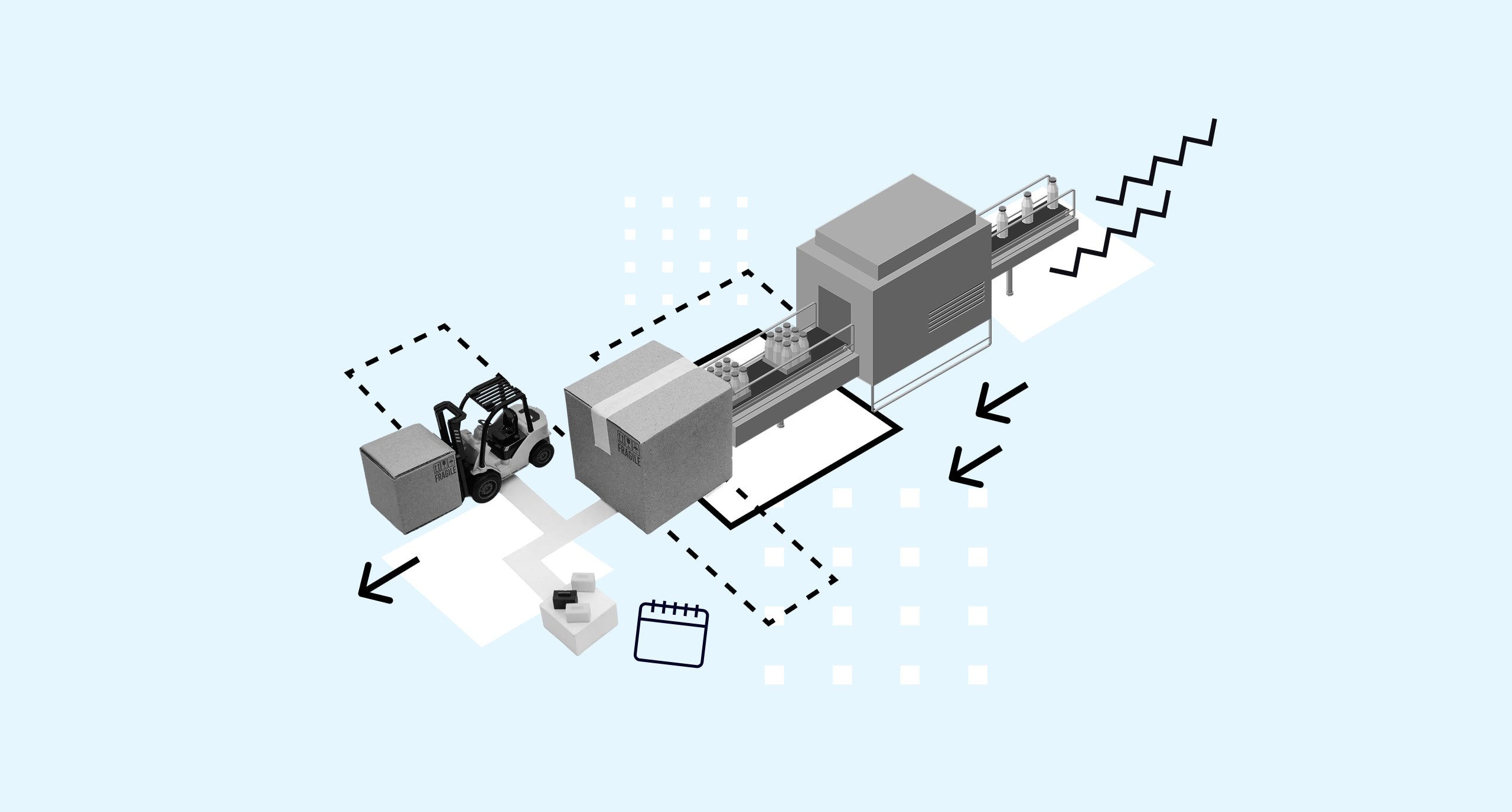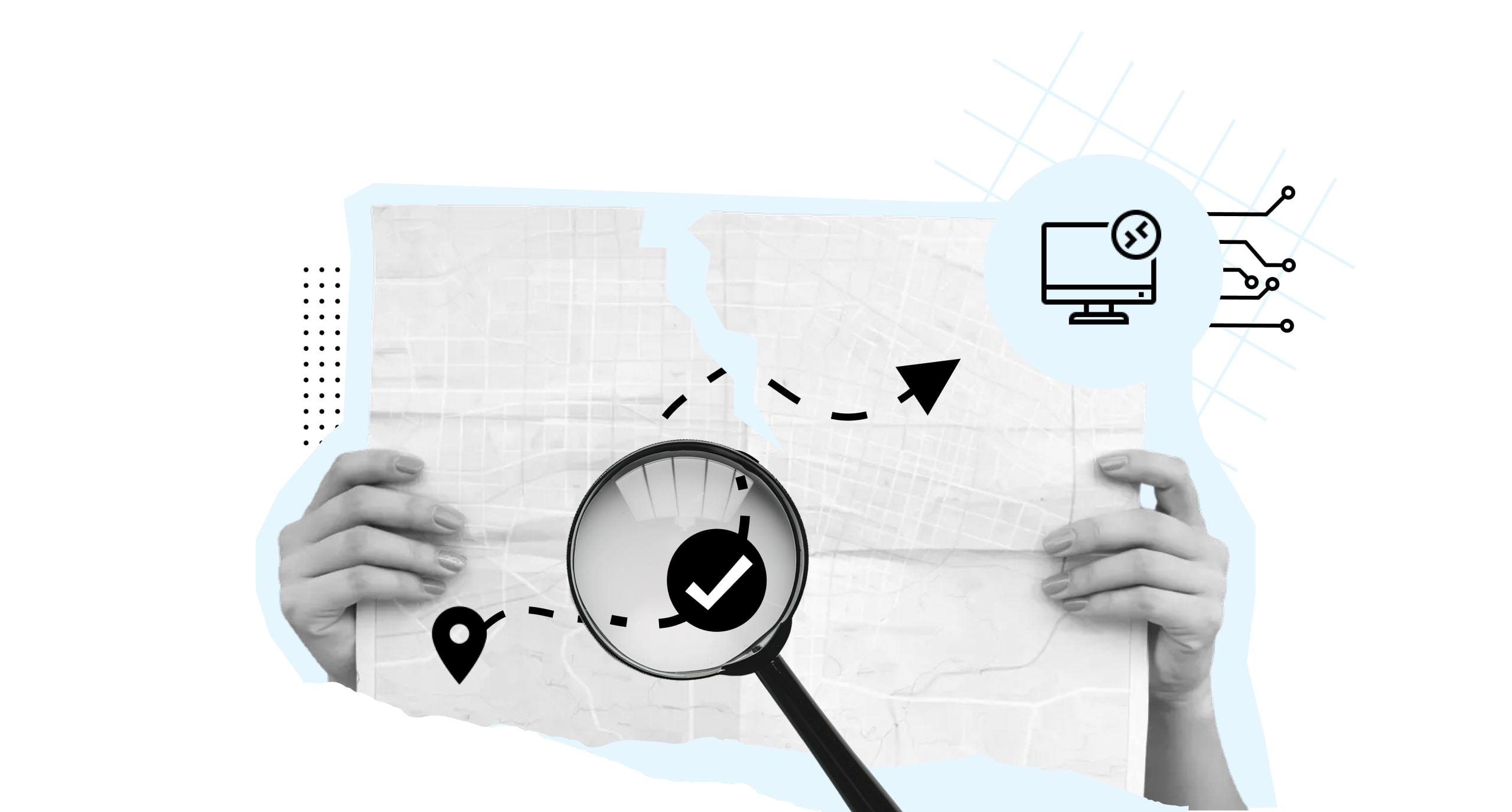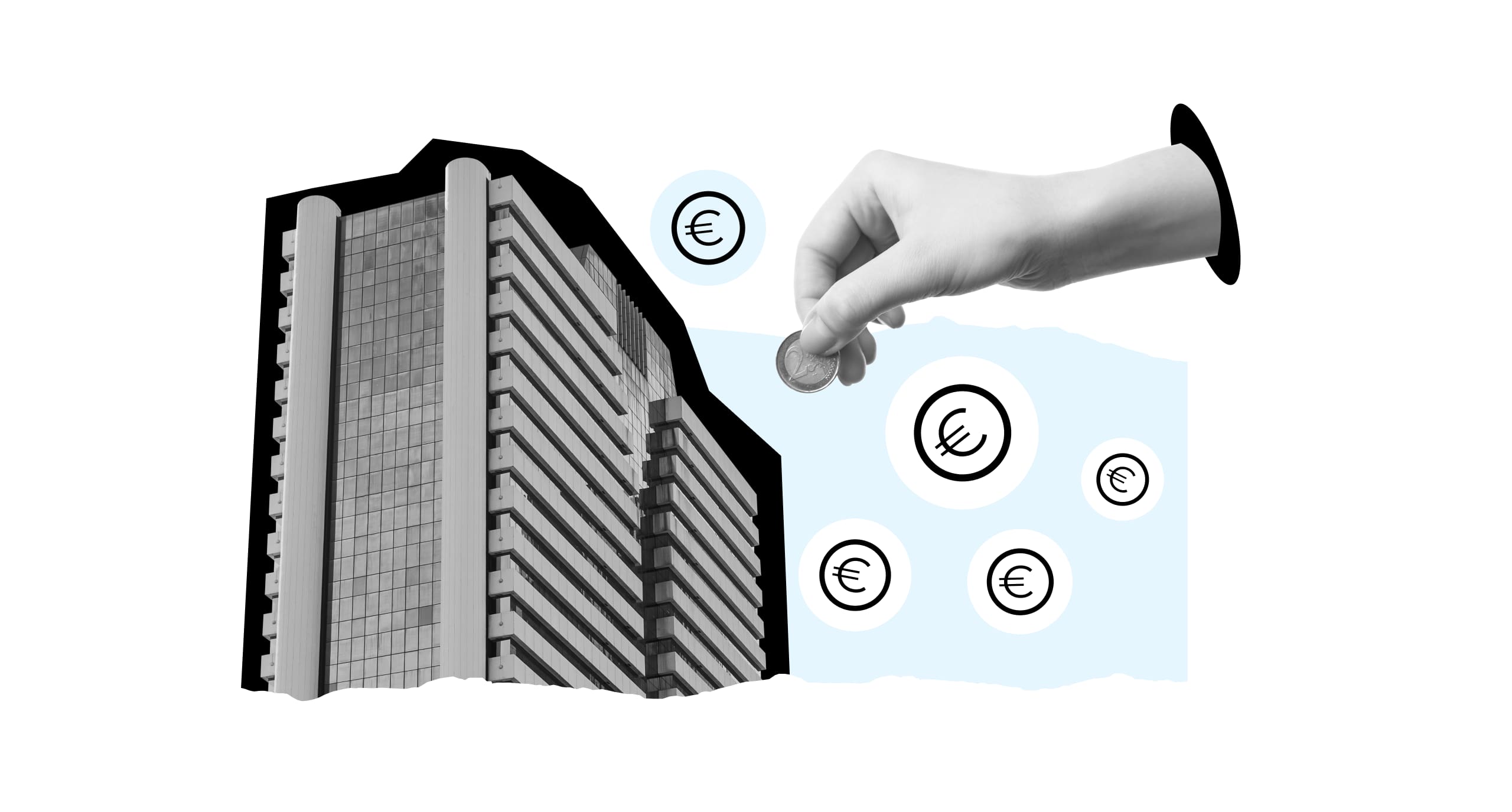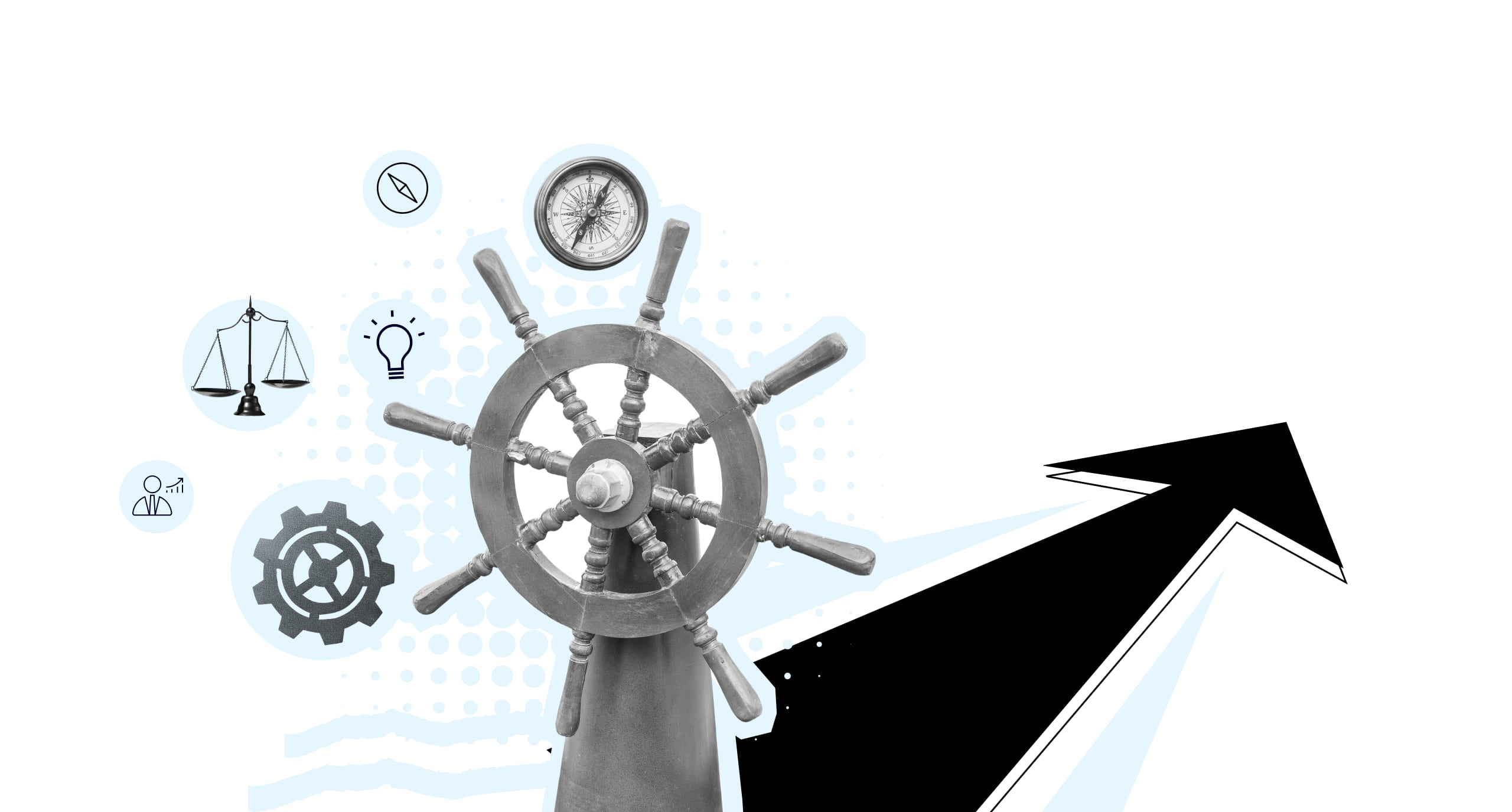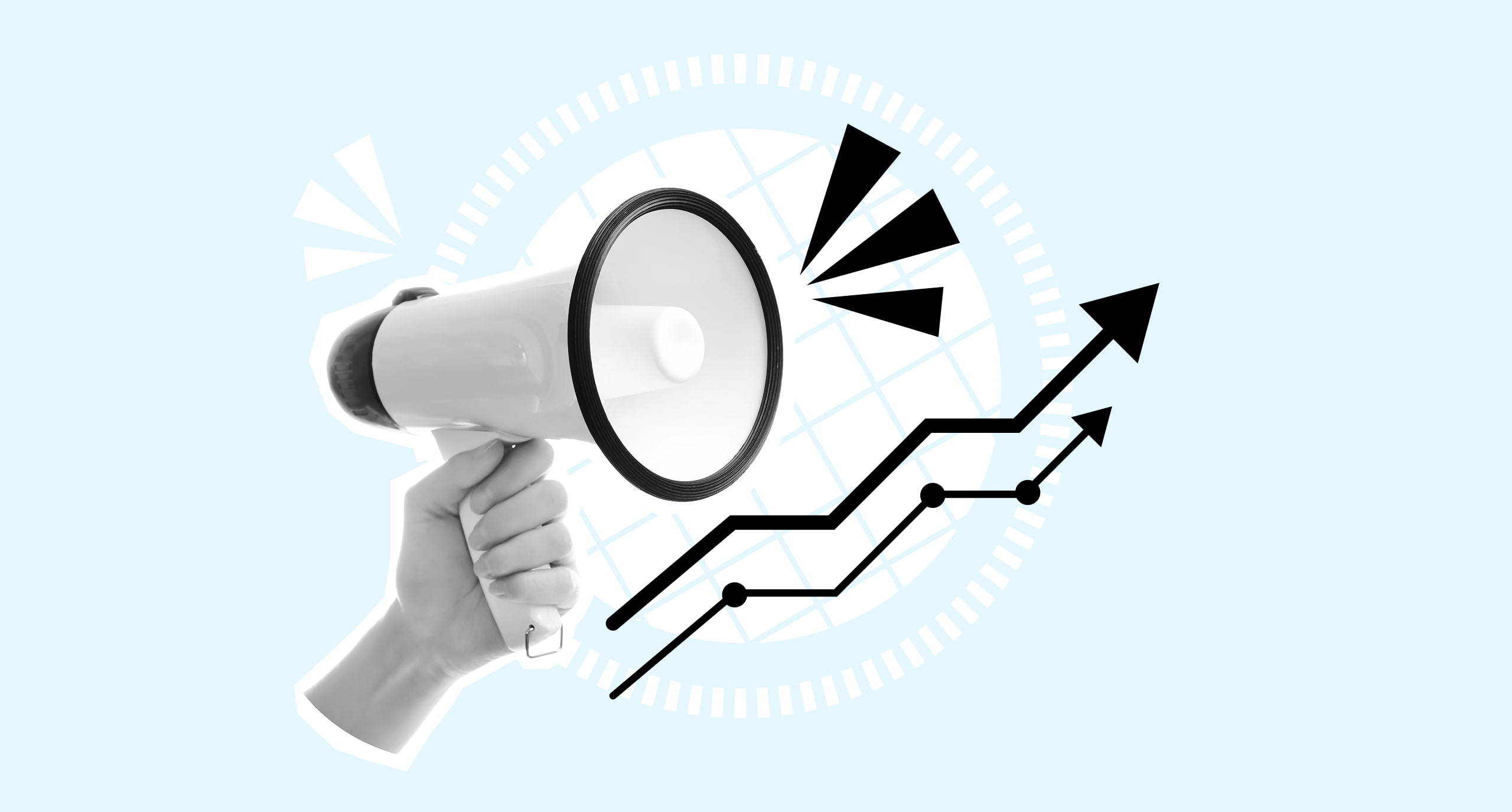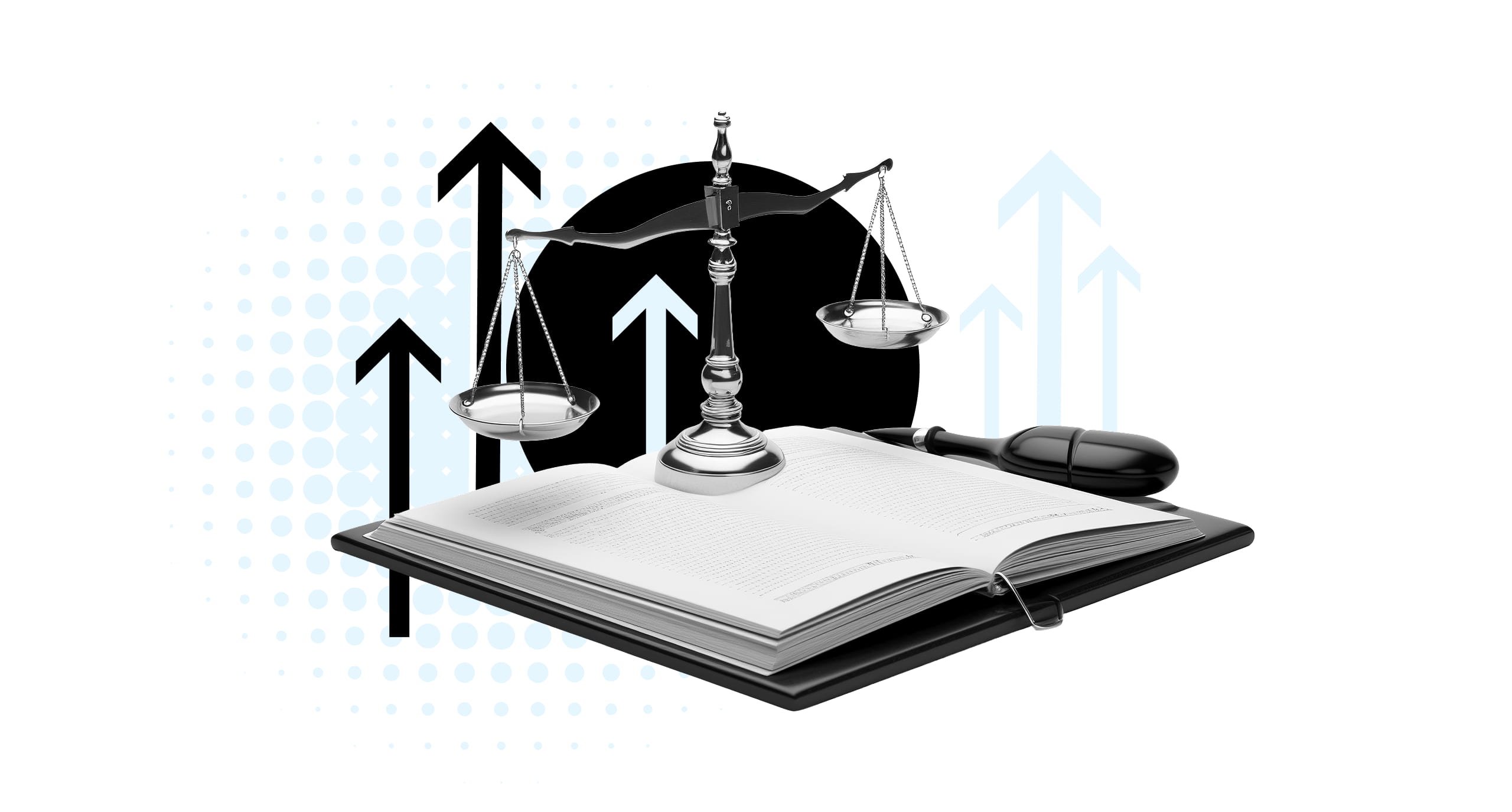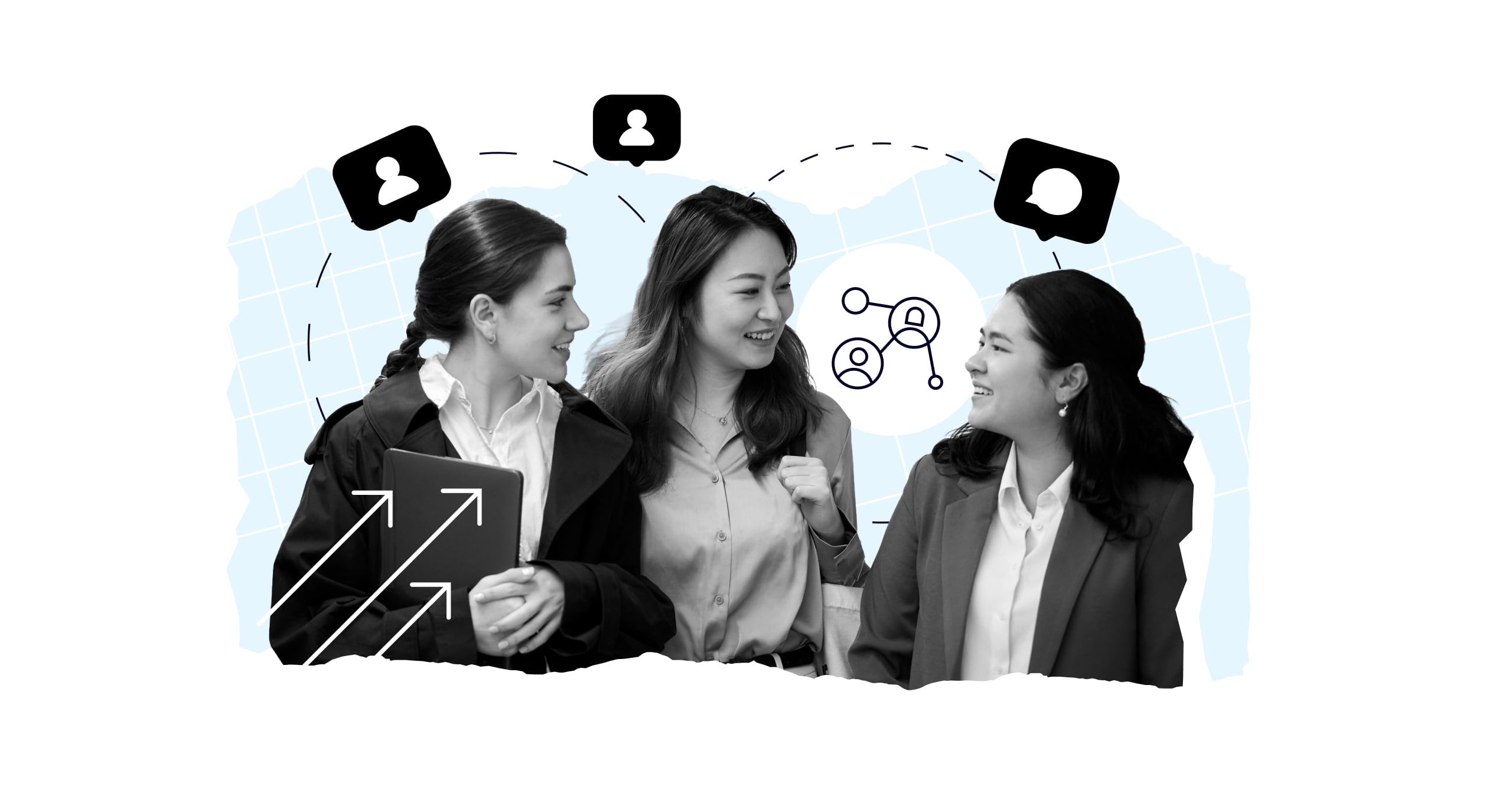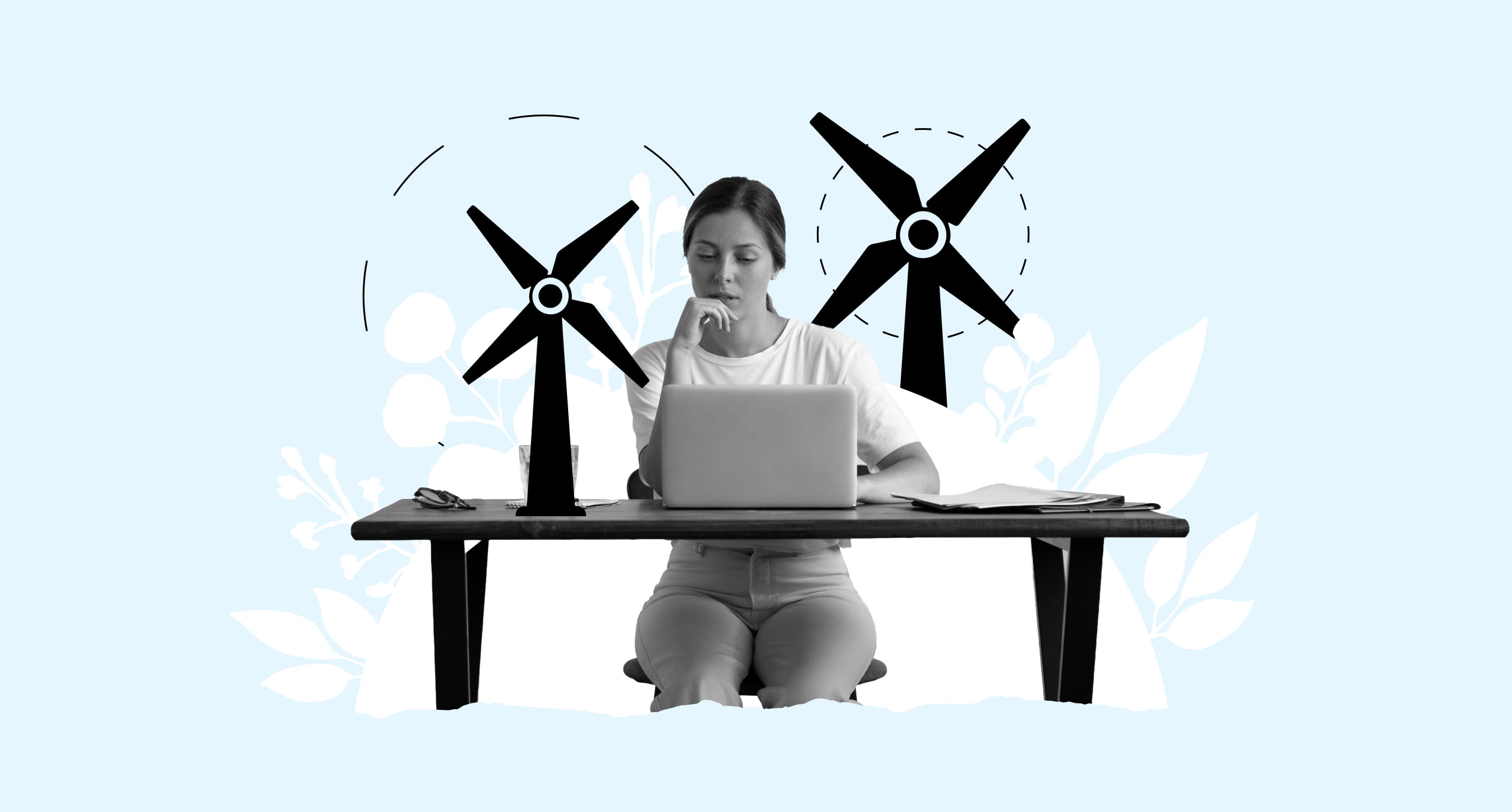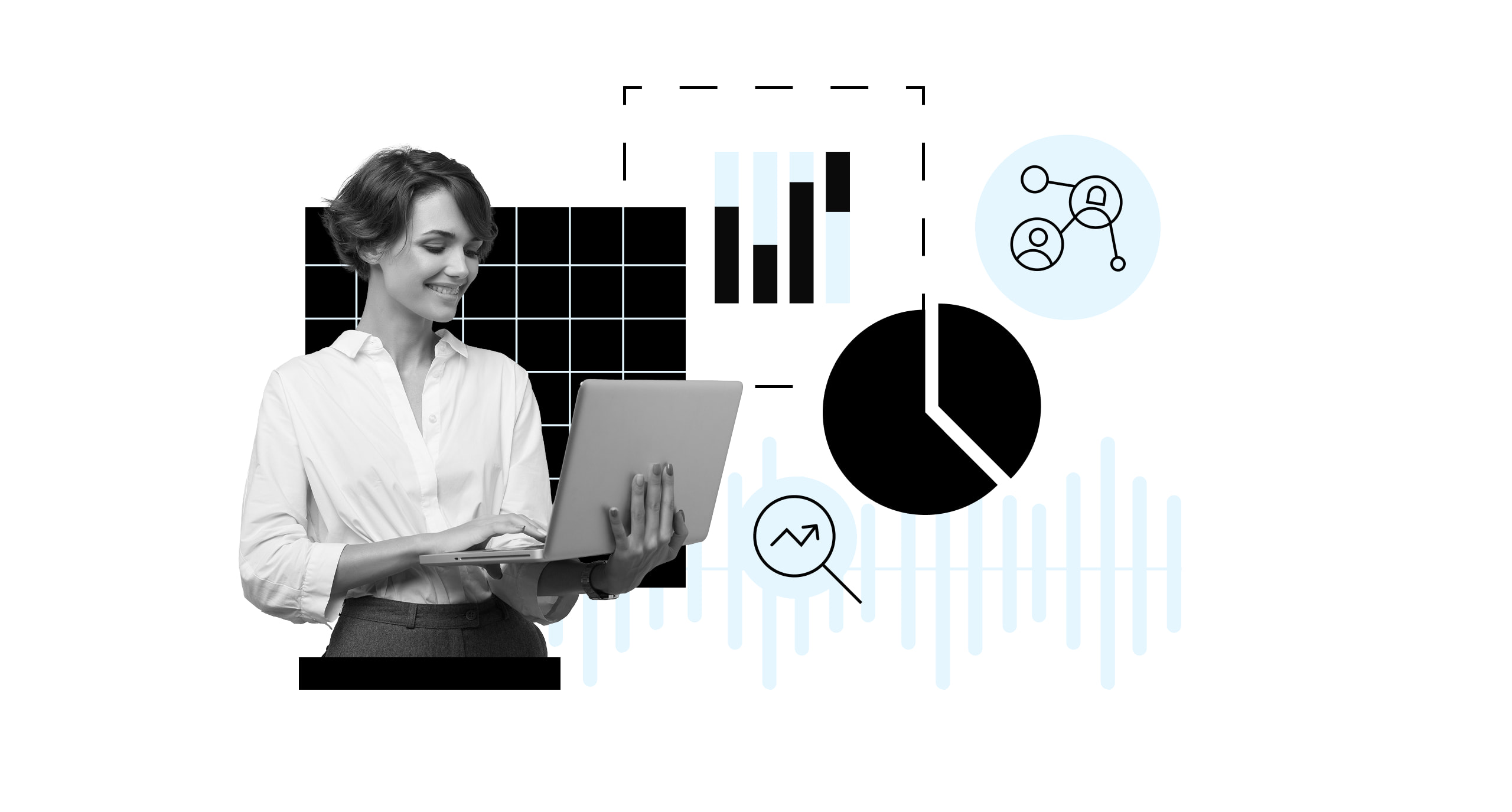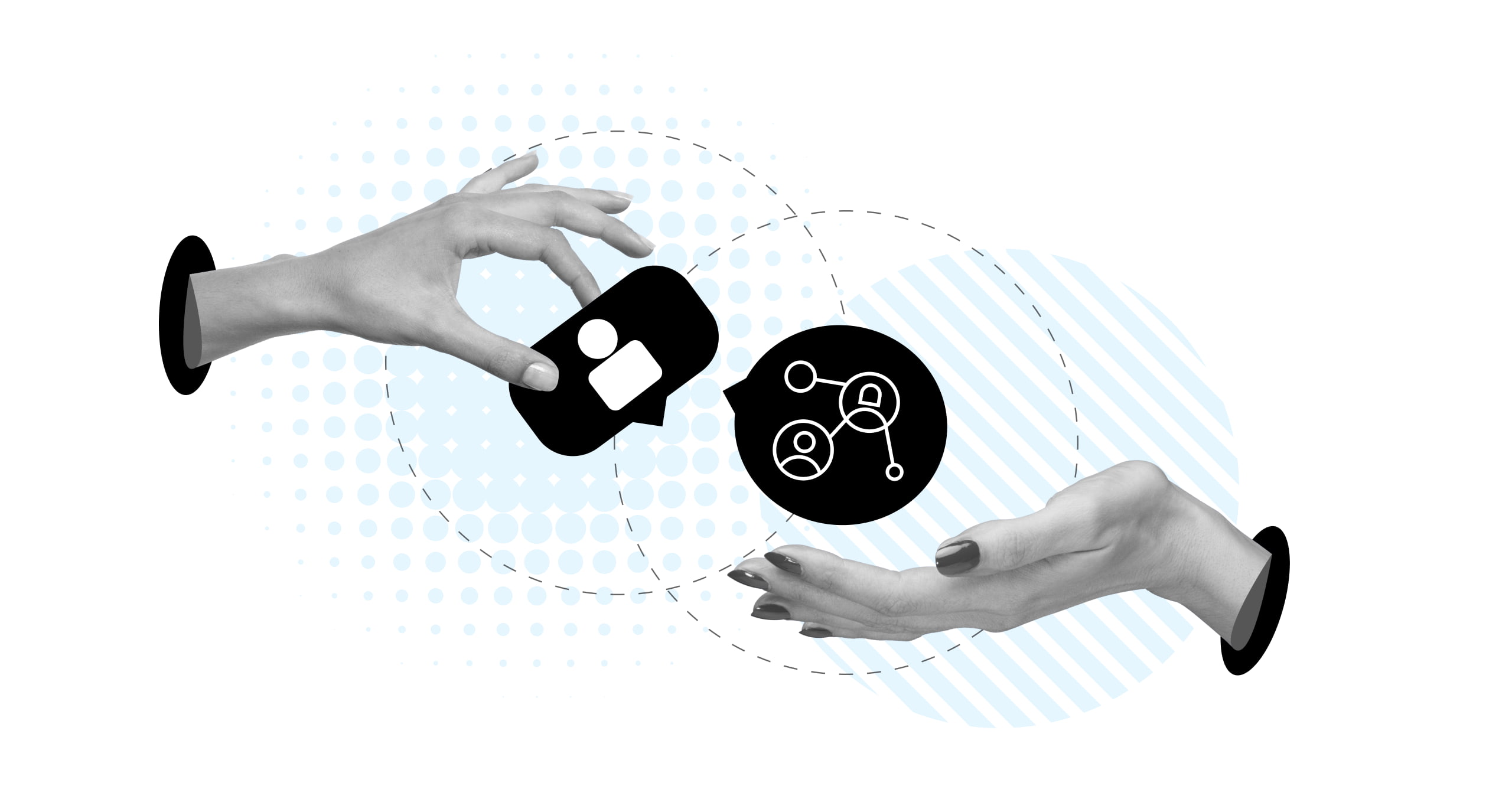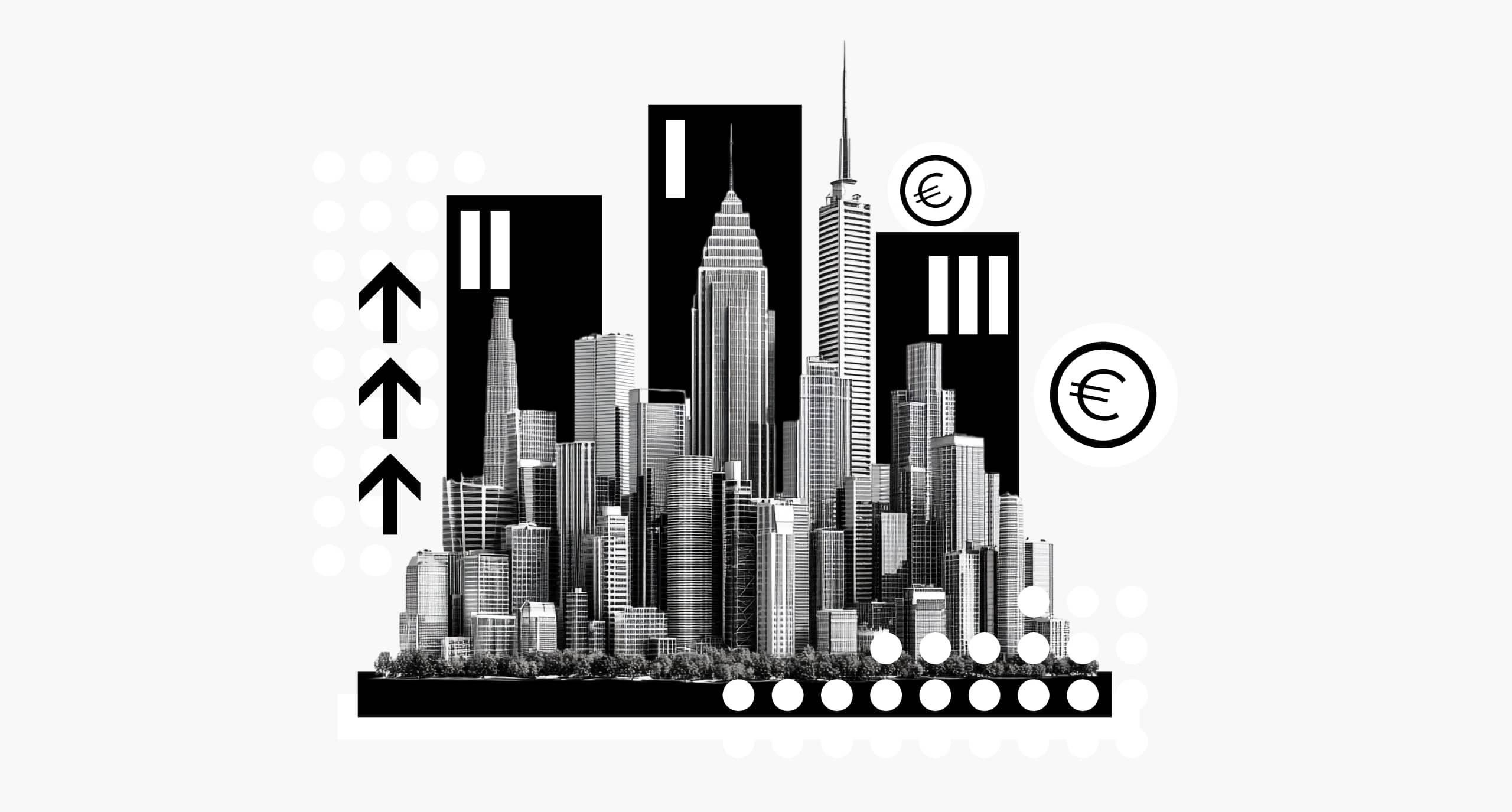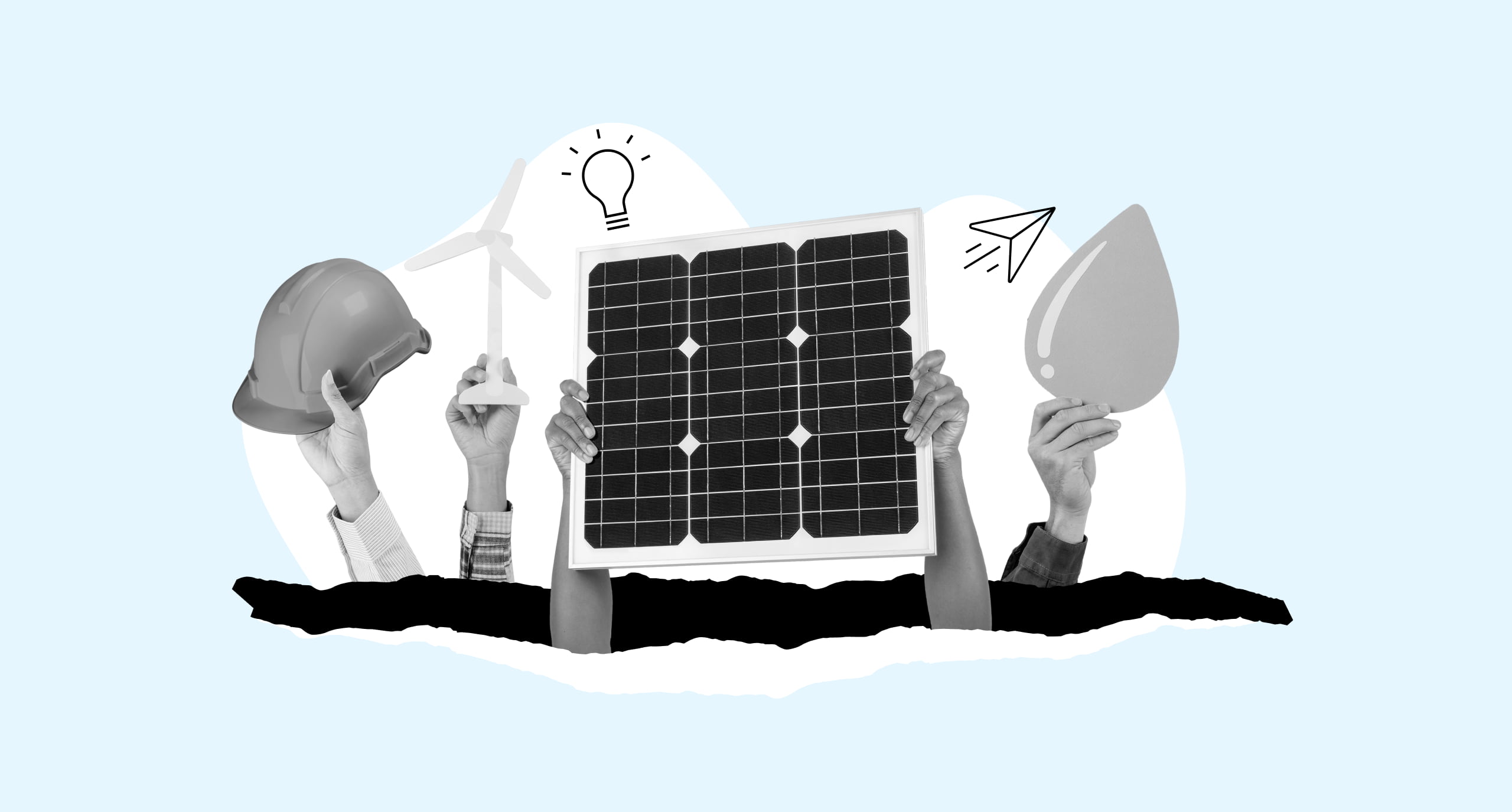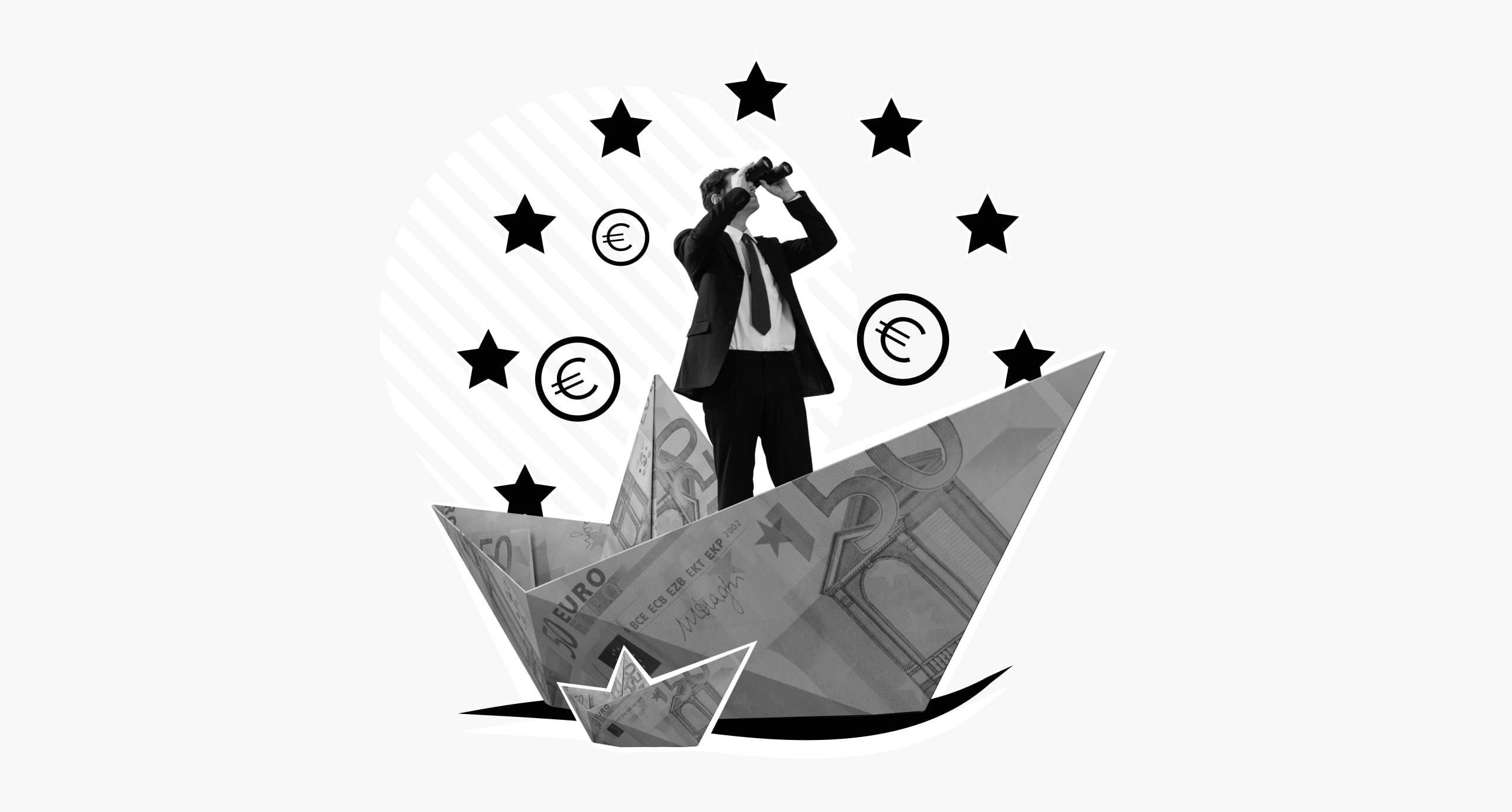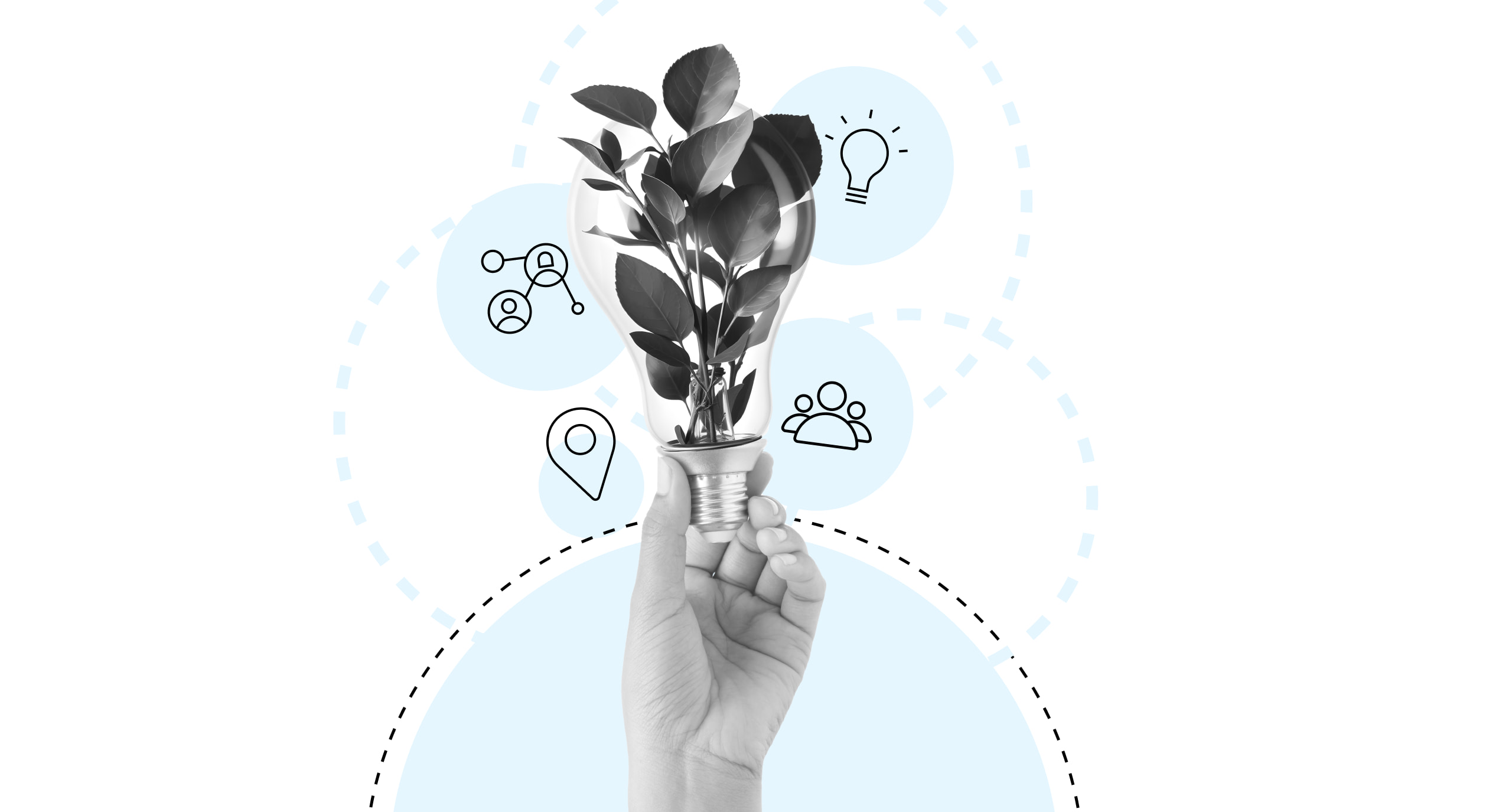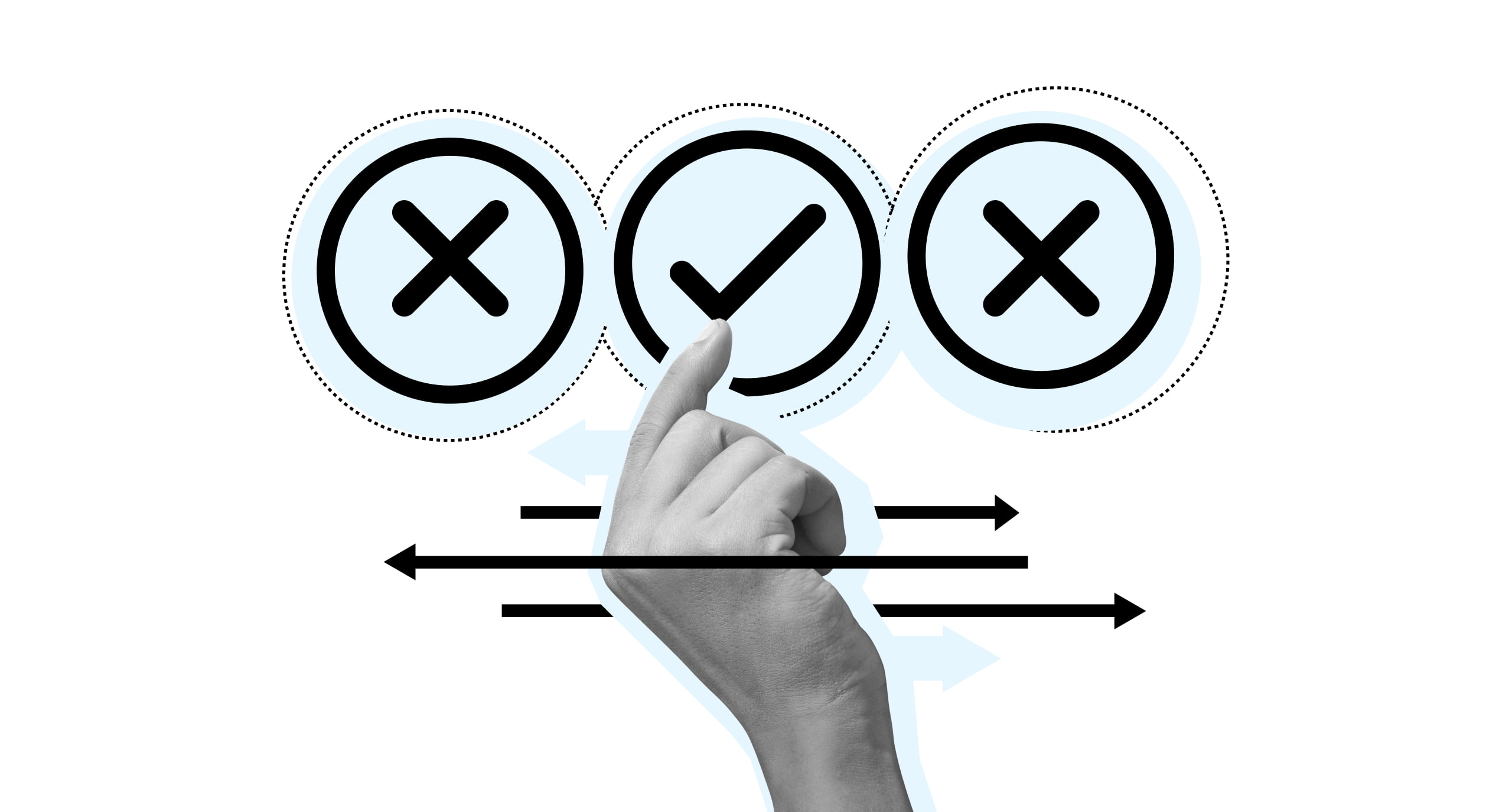We know global trade is a key driving force for the economy. But, as US tariffs have demonstrated in recent times, it’s also a pain point for international relations.
Considering it’s such a make-or-break for good feeling between nations, it’s no surprise that global trade and tech are now overlapping. But how are new advances in AI, blockchain and automation helping to smooth operations?
Let’s find out.
How is AI specifically impacting and transforming international trade?
Artificial Intelligence is the hype tech of the moment, though its influence seems to be taking root. Here are a few ways it’s reshaping international trade across operations, finance and market access.
1. Trade operations
AI predictive analytics is improving demand forecasting and inventory control. These new algorithms also provide route optimization by analyzing traffic, weather and costs. AI is further impacting customs, with automation of document analysis and compliance checks.
DHL and Maersk are two companies already incorporating AI into their daily operations. DHL is optimizing supply chain procedures along with AI-driven robots in warehouses to manage inventory. And Maersk are using AI to streamline maritime logistics and boost predictive maintenance by integrating it alongside IoT.
2. Market access
There are many ways that AI are improving market access. Firstly, AI-driven analytics help identify promising markets by analyzing data from the internet’s public domain. This in turn enables targeted marketing and real-time competitor monitoring. You can also deploy AI to analyze new markets, assessing risk through economic and political data.
Secondly, international trade is benefitting from enhanced e-commerce channels. AI chatbots function across different time zones in a number of languages, providing a clean customer experience. Alibaba is using AI through its Alibaba Cloud division to enhance retail operations and customer engagement, using its B2B model helps businesses automate customer service.
3. Trade finance
Document checks and other manual evaluations are being automated through AI. This stands to transform trade finance through reduced human error and accelerated operations. AI also improves cash flow forecasting and speeds up trade credit insurance processes. Paired with blockchain, it boosts transparency and makes it easier for SMEs to scale.
BNP Paribas is now applying AI and machine learning to modernize its trade finance operations. Since 2022, the bank has automated nearly 40,000 transactions using tools like OCR.
What role does trade finance digital transformation play in modernizing global commerce?
The digital transformation of trade finance is driving real change. As such, FinTech companies are becoming major global powers.
We’re saying goodbye to paper-based systems. Now, trade finance moves along with real-time tracking and verification. What’s more, the transparency of blockchain is reducing fraud and establishing more trusting relationships.
These technologies are especially beneficial for businesses in emerging markets. Digital payment systems, automated trade finance platforms and online lending are alleviating traditional financing barriers. After all, digital lending platforms approve loans quicker than conventional banks, which means smaller companies aren’t getting caught up in the cross-hairs of bureaucracy.
What are the main risks of integrating advanced technology into global trade systems?
Of course, as with any shift towards digital tools, there are risks that need to be addressed. For one, as trade systems become more unified, so too grows the risk of complete malfunction. A failure in one part—whether financial, digital or physical—can have global consequences.
That means one cyberattack could potentially impact the flow of goods, data and money across all continents. The 2008 financial crisis is evidence of how unified, fast-growing systems can outpace regulation and create system risk.
And what “fair trade challenges” arise from the ongoing digital transformation of trade and globalization?
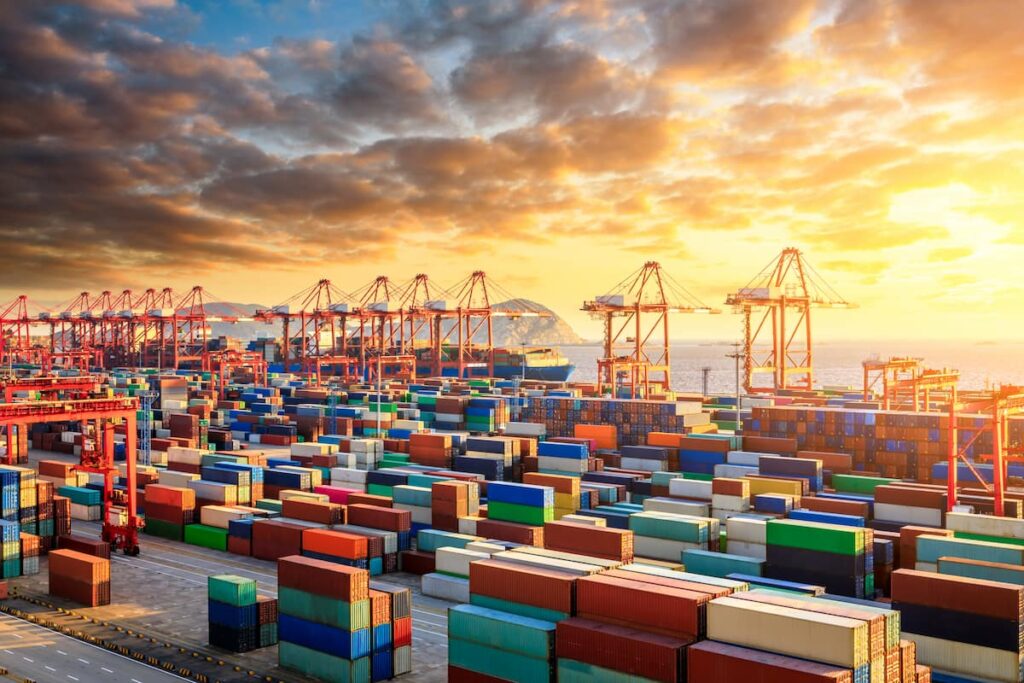
The fact is, not all countries can keep up. Those nations with limited digital infrastructure stand to suffer as others advance, with innovation gaps forming and global inequality growing as a result. Add in the fact that bad data can mislead AI, and you’re looking at a global order which depends on its weakest link. As such, policymakers need to ensure that privacy laws, data ownership and format issues are well regulated to keep everyone on the same page.
How can businesses and governments adapt to the rapid technological shifts in global trade?
Adapting to tech changes in global trade takes teamwork between businesses and governments. That means investing in better tech, while training staff to use AI across trade operations. By being transparent about the use of new technology and empowering a tech-forward culture, potential friction is oiled and trust is built.
Governments need to support safe, responsible AI use, which can be done through adequate data protection and updated laws. Since global trade crosses borders, countries must work together to align rules, manage risks, and simplify customs processes. Support like funding and partnerships can help smaller businesses keep up.
Globally, cooperation is key. Shared standards for data protection, ethical AI, and language tools can make trade smoother and fairer. With clear rules and global teamwork, AI can grow in a way that benefits everyone in the trade system.
Study tech in global trade at IE School of Politics, Economics & Global Affairs
Want to shape how technology impacts global policy? You may be the perfect candidate for the Master in Technology & Global Affairs. This cutting-edge program provides insights to all the details covered here, with a deep dive on technologies like AI, blockchain, cybersecurity and more. And, as you become tech-savvy, you’ll learn essential knowledge on politics, economics and diplomacy.
Want to gain hands-on experience from experts at Google, GESDA and the UN? Want to modernize your skillset for the global stage? Follow the link below and begin your application today.
Shape the future of global trade
Find out how the Master in Technology & Global Affairs is forming the next generation of decision makers.

Benjamin is the editor of Uncover IE. His writing is featured in the LAMDA Verse and Prose Anthology Vol. 19, The Primer and Moonflake Press. Benjamin provided translation for “FalseStuff: La Muerte de las Musas”, winner of Best Theatre Show at the Max Awards 2024.
Benjamin was shortlisted for the Bristol Old Vic Open Sessions 2016 and the Alpine Fellowship Writing Prize 2023.

